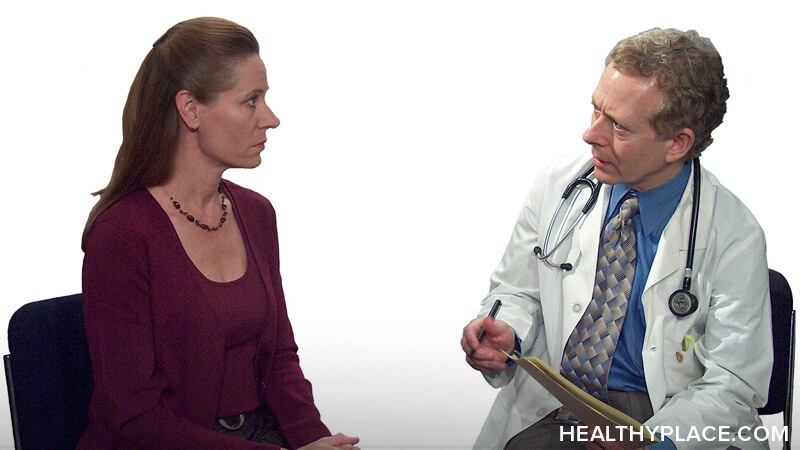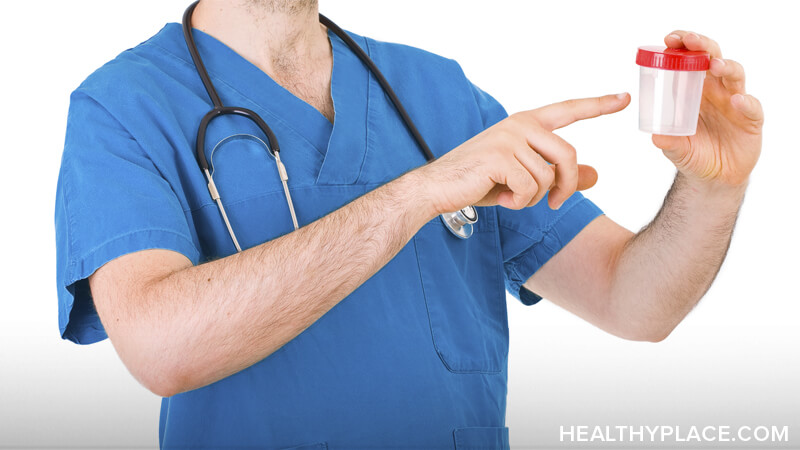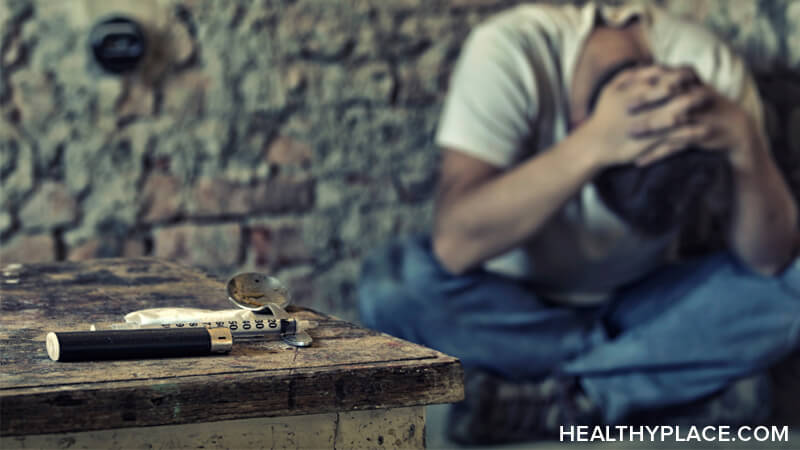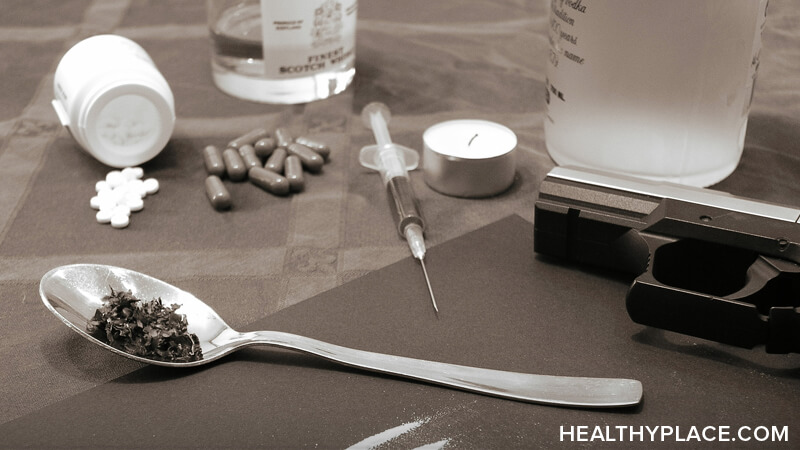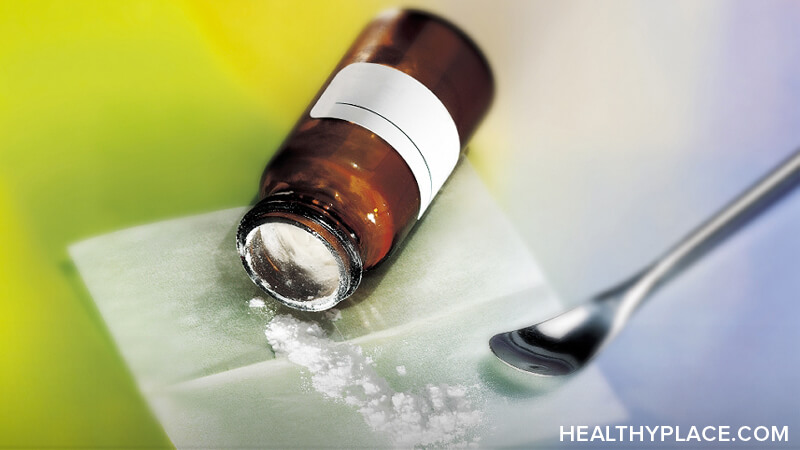Effects of Drug Abuse

Drug abuse is the increasing desire to obtain and use increasing amounts of one or more substances to the exclusion of everything else. Drug abuse affects the body and mind of the user and often many of those around him or her. One specific effect of drug abuse is the creation of physical drug dependence; however, dependence on the drug is not required for drug use to be considered drug abuse. (read: signs of drug abuse)
Effect of Drug Abuse on the Body
A person who abuses drugs may not realize they have a problem until pronounced effects of drug abuse are seen, often physically. While drug abuse effects on the body vary depending on the drug used, all drug abuse negatively impacts one's health. Common effects of drug abuse on the body include sleep changes and decreased memory and cognitive abilities.
Other common physical problems include:1,2
- Abnormal vital signs like respiration, heart rate and blood pressure
- Chest or lung pain
- Nausea, vomiting, diarrhea, stomach pain
- Skin can be cool and sweating or hot and dry
- Diseases such as hepatitis B or C, or HIV from needle-sharing
- Impotence
- More frequent illnesses
- Frequent hangovers, blackouts
Psychological Drug Abuse Effects
One of the primary effects of drug abuse can be found within the definition of drug abuse itself: an increasing, intense desire to use the drug above all else. Drug craving can shift a person's entire mental focus to obtaining the drug. Side effects of drug abuse then include preoccupation with where to get the drug, how to get money for the drug, and where and when the drug can be used.
Psychological drug abuse effects commonly include changes in mood. A person may be anxious, thinking about when they can next use the drug, or depressed due to drug side effects.
Other psychological drug abuse side effects include:
- Aggressiveness or irritability
- Selfishness
- Hopelessness
- Lack of pleasure from previously enjoyed activities
- Pressuring others into doing drugs
Drug Abuse Effects on Lifestyle
Drug abusers choose drugs over all else; that includes family and friends. One of the side effects of drug abuse is the loss of friendship and family due to these choices. Families and friends have to watch as the drug abuser pulls away and the effects of drug abuse ravage their body and mind. Moreover, one of the side effects of drug use may be bizarre, out of character, behavior that further separates the drug abuser from their loved ones.
The effects of drug abuse can also include decreasing performance in work or school. This decreased performance may lead to disciplinary action, expulsion or dismissal, creating money problems and possibly even legal troubles. Discontinuing participation in sports and giving up hobbies are other effects of drug abuse.
APA Reference
Tracy, N.
(2021, December 15). Effects of Drug Abuse, HealthyPlace. Retrieved
on 2025, May 23 from https://www.healthyplace.com/addictions/drug-addiction/effects-of-drug-abuse
